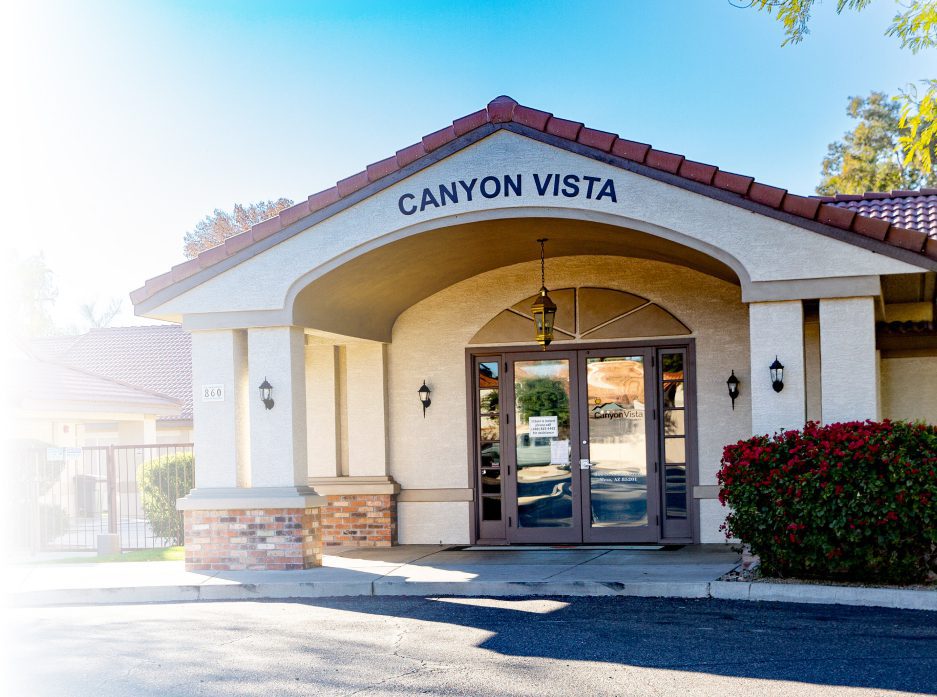Intensive outpatient programs (IOP) are viable options if you or someone you love doesn’t require the 24-hour supervision and care provided by residential treatment but still need dedicated support to address substance abuse or mental health issues. Some people opt to complete a partial hospitalization program first, while others start right away with IOP care. Here’s why outpatient treatment might be the right solution for you.
Recognize Your Need for Quality Care
According to the most recent statistics from the National Alliance on Mental Health—California, “More than half of people with a mental health condition in the U.S. did not receive any treatment in the last year.” Millions live in communities that don’t have enough mental health professionals, even though more than 40 percent of residents reported symptoms of anxiety or depression—and more than 20 percent of those individuals were unable to get counseling.
Current data from the National Center for Drug Abuse Statistics indicated that nearly 10 percent of all drug overdose deaths in the U.S. occur in California, “and overdose deaths increased at an annual rate of 10.37 percent over the last 3 years.”
Additionally, in 2022, the Substance Use in California: Prevalence and Treatment report noted that “Adults 26 and older were twice as likely to have alcohol use disorders as illicit drug use disorders…and the rates of both alcohol- and drug- induced deaths were more than two times higher among males than females.”
So if you feel you’re alone in your quest for better physical, emotional, and mental health, you’re not. An outpatient treatment program has many advantages to address what you’re facing right now.
Factors to Consider for Effective Outpatient Treatment
It’s essential to recognize that the suitability of an IOP differs for each individual. At Fair Oaks Recovery Center, we strive to be as transparent as possible about your options for addressing substance use disorder (SUD), alcohol use disorder (AUD), or co-occurring substance use and mental health disorders (dual diagnosis). Here are some key factors to consider.
- Your Level of Motivation: Outpatient treatment allows you to work, attend school, care for your family, and maintain other daily life aspects. However, you’ll need to commit to attending sessions regularly and actively participating in your treatment. Individuals who are highly motivated to address their substance use disorder (SUD), alcohol use disorder (AUD), or dual diagnosis and are eager to make positive changes are often strong candidates for an IOP.
- Time Commitment: IOPs generally require attending therapy and counseling sessions for 3–4 hours several times a week. Reflect on whether you can manage this time commitment while balancing other responsibilities.
- Co-occurring Disorders: If you suspect or know you have a co-occurring mental health disorder alongside a substance use disorder, it’s vital to select a program that addresses both conditions. Some IOPs provide dual diagnosis treatment, while others may not.
- Stability: If you opt for outpatient care, it’s crucial to have a safe and sober living environment during treatment. Ensure you have a stable home and supportive family or social networks to help you throughout the process.
- Financial Considerations: While IOPs tend to be more affordable than most residential treatment programs, it’s important to verify if your insurance covers this treatment or if you can afford the program. Many IOPs also offer sliding scale fees or financial assistance options.
Inpatient treatment programs typically last for 30, 60, or even 90 days, providing an immersive experience. In contrast, many individuals progress through outpatient care over a period of two to six months. This extended duration and consistent focus help create a more realistic approach to managing your alcohol use disorder (AUD), substance use disorder (SUD), or dual diagnosis.
However, in some addiction cases, it’s often more advisable for a person to complete at least partial hospitalization or a medically supervised detoxification program to ease withdrawal symptoms. Then, transitioning to an outpatient program is easier.
Begin Healing Now at Fair Oaks
We recognize the difficult choices you’re facing and understand their importance. You can trust that we offer a safe and inclusive environment that respects the dignity of every individual we serve. Our board-certified addiction specialists will evaluate your health and develop a comprehensive care plan tailored to your needs, encompassing therapeutic approaches, wellness strategies, behavioral modifications, and relapse prevention.
Fair Oaks Recovery Center in Sacramento, California, is a licensed Chemical Dependency Recovery Hospital, issued by the California Department of Public Health to addiction rehabilitation and dual diagnosis treatment facilities that provide high-level acuity care. If it seems like outpatient care is a good option right now, don’t wait. Please reach out to our admissions team today.




